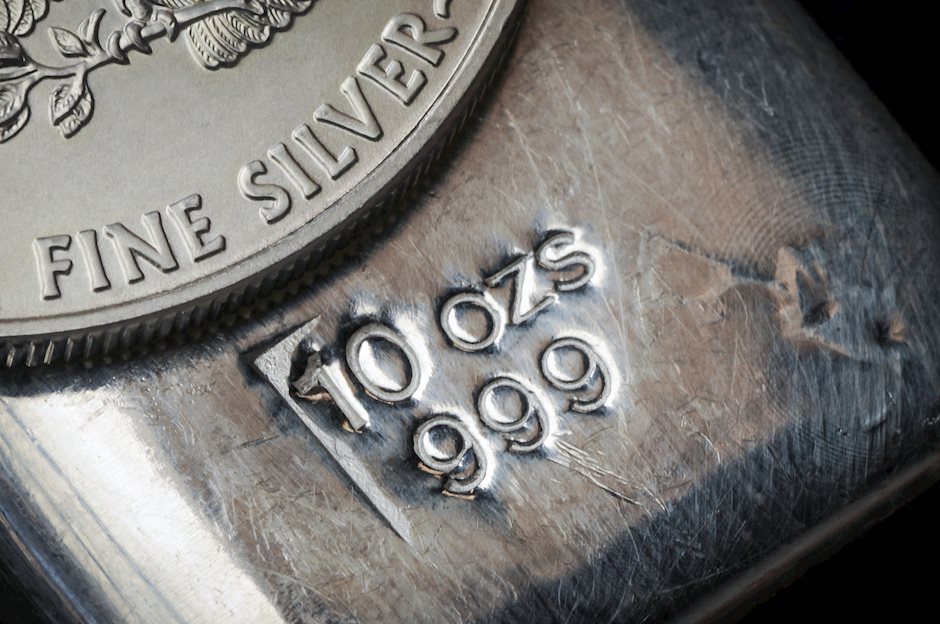European Silver linings

Last week’s news made for grim reading for many in Europe. First came the choice by our American friends to bring back to the White House a man who said just weeks ago that the EU would have to “pay a big price” if he won. Then the German governing coalition collapsed. Following factory closure announcements by VW in Germany a week before, the two largest German banks reported massive increases in their provisions for bad loans. Meanwhile, in France, lay-offs were announced by two high profile French companies in the automotive industry but also in retail a sector hitherto thought to be fine. Furthermore, the European Commission’s quarterly sentiment indicators showed a worsening of economic sentiment and employment expectations in both France and Germany, with capacity utilization in industry at a low last seen in June 2020.
But look closer, and the picture is not uniformly grim. Apart from Germany and France, many EU economies are doing very well indeed. In 22 out of 28 economies, the Employment Expectations Index is above its long-term average and/or improving. And even in the two largest economies, there are areas of improvement, notably in services. It is after all a strength of the EU economy that its components rely on different growth drivers, both sectorally and geographically. This same heterogeneity that so complicates consensus-building is also a source of resilience.
Moreover, Donald Trump’s election may well prove to be the jolt saving Europe from dithering about the steps needed to preserve its place in the world. European policymakers’ muted and unhurried reactions to the Letta and Draghi Reports were beginning to unnerve or even despair the many who, in the business world and civil society, felt a sense of urgency in tackling their recommendations to restore EU competitiveness and boost its growth prospects. Bold action was seen as unlikely for at least a year owing to political paralysis in Germany –itself due to a dysfunctional coalition—, a highly unstable government in France, and historically poor relations between the two supposed engines of European integration. Suddenly, a sense of urgency has returned.
Germany now looks set to have a new Government shortly after the start of the Trump administration. Of course, it is too soon to tell what will come out of the elections, but polls point to a likely coalition led by CDU’s Friedrich Mertz—himself a business-friendly and Europe-savvy character. Critically, there are signs of growing support from public opinion and the corporate world for finding ways around the infamous “debt brake” (embedded in the German Constitution in 2009). This rule, which strictly limits the size of structural budget deficits, is credited for bringing Germany’s debt to GDP ratio down to 63% of GDP, this ratio being one of the lowest in the Eurozone. But on the other hand, it has prevented the country from engaging in the kind of investment needed to maintain, let alone upgrade its creaking infrastructure and defense capabilities, with public investment running about 0.5 % of GDP below the eurozone average over the last 10 years. Having a German government that is stable enough to engage boldly with foreign partners, both within and outside Europe, can only be a good thing. One that is willing to invest significantly more in support of shared goals such as the energy transition and Europe’s military and economic security would be a meaningful bonus.
Author

BNP Paribas Team
BNP Paribas
BNP Paribas Economic Research Department is a worldwide function, part of Corporate and Investment Banking, at the service of both the Bank and its customers.

















